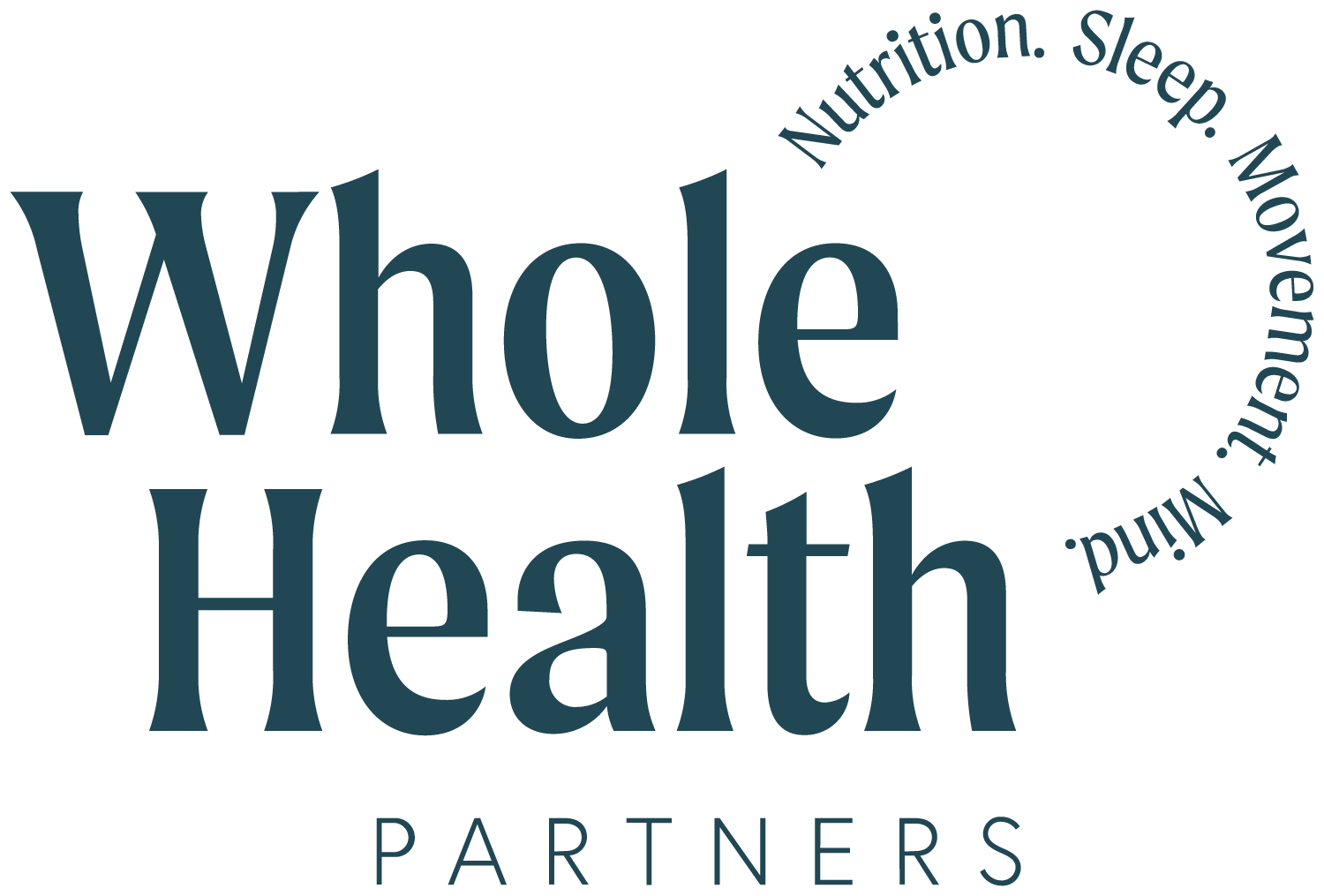Gratitude Unveiled: A Bridge to Mind-Body Wellness
As children, most of us are taught to be grateful, to count our blessings, and to say thank you when someone does something nice for us. What we often don't recognize, however, is that practicing gratitude can have a direct impact on our physical and mental health, as well as our ability to successfully adopt healthier behaviors.
Let's look at some of the research as to why:
Reducing the Risk of Anxiety and Depression
One way to promote thankfulness is to practice gratitude meditation—which studies have shown to have a positive correlation with lower heart rates, as well as both anxiety and depression scales. By practicing gratitude, we might be influencing the functional connectivity of different brain regions, fostering a neural symphony that promotes a positive mental state and improved health outcomes.
Cascading Physical Benefits
Gratitude isn't just about mental health. This study illuminates how gratitude can directly impact our physical health too. The findings hint at a cascade of benefits, from improved sleep quality to better blood glucose control, and a reduction in inflammatory markers.
The Heart of the Matter
As we express gratitude, we may be doing more than just cultivating a positive mindset. Lowering stress, a common thread in both studies, seems to be the key. This reduction in stress levels can contribute to lower blood pressure, offering a shield against heart disease.
Embracing Gratitude in Daily Life
Not only does gratitude directly promote improved mental and physical health, but it also influences our ability to maintain healthier lifestyle choices. If you're trying to change behaviors or build new habits, it can be easy to focus on your 'failures'—berating yourself for instances where you fell short of your goals. Instead, try celebrating your progress, even when it's incremental.
Incorporating gratitude into our routines doesn’t have to be complex.
Start by grabbing a pen and paper or a journal.
Then set aside time, and intentional space, to reflect on what you are grateful for. This can be done alone, but you could also consider doing this with a friend or loved one.
Reflect on these prompts:
What am I thankful for today, this week, this month, and/or this year?
Taking a moment each day to reflect on specific things you're grateful for can bring awareness to the positive aspects of your life. It could be as simple as appreciating a beautiful sunrise, a supportive friend, or a small achievement.What does my 'gratitude ratio' look like?
Gratitude isn't just about introducing positivity, but also reducing the amount of negative or self-critical thoughts we have. Consider adopting a rule like "five positives for every negative"—meaning you push yourself to identify silver linings and small wins, rather than simply criticizing yourself on where you fell short. This is particularly important if you are working on health goals like eating differently, moving more, or managing stress.How has gratitude impacted my mindset and well-being? Once you've established a habit of gratitude practice, pay attention to the changes in your mental and emotional state over time. Reflect on whether expressing thanks has influenced your overall outlook, reduced stress, or brought about a greater sense of contentment. Also, try to look back on how this practice may have supported you in adopting or maintaining healthier behaviors. This will help you maintain your practice as you hit challenges or bumps in the road.
In challenging moments, what silver linings or lessons have I discovered?
Even during difficult times, reflecting on the positive aspects or lessons learned can foster a sense of resilience. Asking yourself how gratitude has played a role in finding silver linings during challenges can provide insights into the transformative power of a grateful perspective.Who can I be thankful for, and who have I helped?
Can you recall a meaningful act from someone in your life? Who offered their support when you needed it? Who came to your aid? Who shared congratulations or words of encouragement? And now ask the same thing, but about how yourself. How have stepped up to help others?
What would you like help with?
Weight Loss and Weight Maintenance
Blood Glucose Management, Diabetes, Insulin Resistance, Hypertension, High Cholesterol, Thyroid Disease, Hormonal Health
Polycystic Ovarian Syndrome (PCOS), Perimenopause/Menopause





